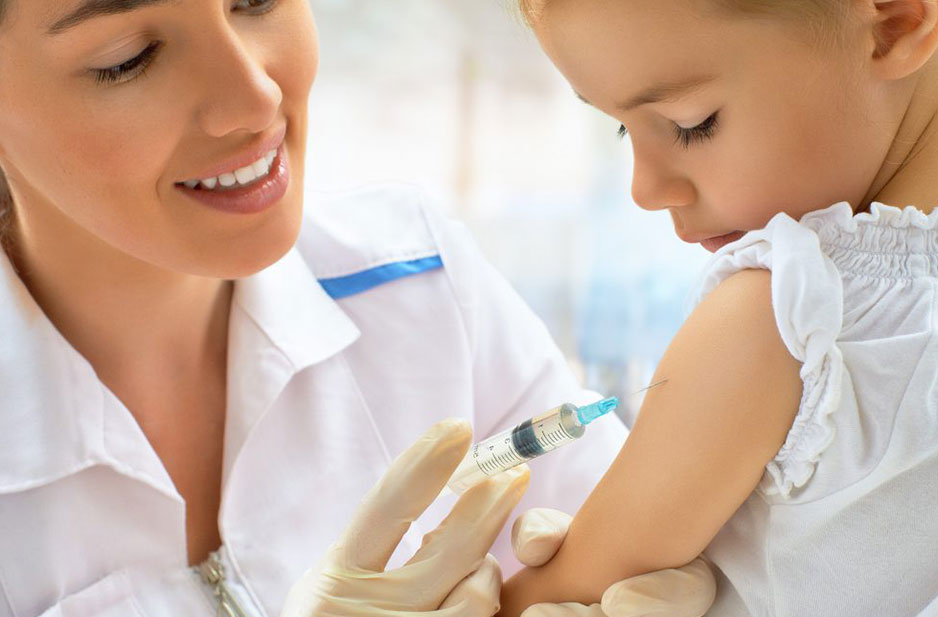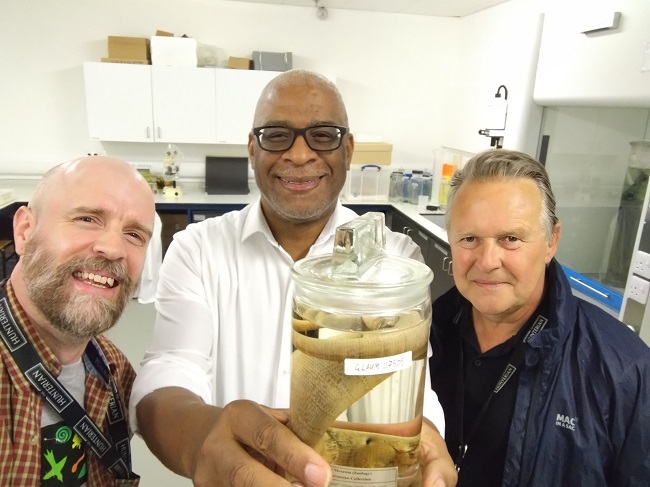Hundreds of children in Wolverhampton may not yet be fully immunised against measles, mumps and rubella.
As children prepare to start at primary and infant schools for the first time next month, Public Health England has warned that thousands of children in the West Midlands are not fully up-to-date with the MMR (measles, mumps and rubella) pre-school booster.
The figures, released as part of PHE’s Value of Vaccines campaign, show that some four and five-year-olds are starting school at unnecessary risk of serious diseases compared to their classmates, prompting a call for parents to check their child’s Red Book to ensure their children are up-to-date with scheduled immunisations.
In the UK, dose one of the MMR vaccine is usually given to infants at around 12 months of age. A second dose is given before school, usually at three years and four months of age, to ensure best protection. Two doses of MMR in a lifetime are needed for a person to be considered fully protected. A four-in-one pre-school booster is also usually offered at three years and four months of age and protects against diphtheria, whooping cough, tetanus and polio.
But Public Health England estimates that around one in 19 five-year-olds may still need to receive their first dose of MMR, while one in seven haven't had their second. In addition, one in eight five-year-olds in England may still need their four-in-one pre-school booster.
Councillor Jasbir Jaspal, the City of Wolverhampton Council's Cabinet Member for Public Health and Wellbeing, said: "It's estimated that over 5% of five-year-olds are starting reception year having not received any MMR vaccine. This leaves them at high risk of measles at a time when outbreaks of the disease are occurring across the country.
"I'd encourage parents to check their child’s Red Book now to make sure there is a record of two MMR doses and the four-in-one booster vaccine. If not, parents should contact their GP practice to arrange any further vaccinations that are needed."
Dr Ashis Banerjee, Screening and Immunisation Lead in Public Health England West Midlands, added: “It’s a real concern that so many young children in our region could be starting school without the full protection that the NHS childhood immunisation programme offers for free. We know that parents want the best protection for their children and so many may be unaware that their child is not up-to-date.
“We’re particularly concerned about children being at greater risk of measles. We’ve seen outbreaks of this disease in the West Midlands in the past two years and we’re continuing to see outbreaks of the disease occurring in communities across the country, many linked to visiting European countries over the summer holidays.
“The vast majority of those affected are not fully immunised and vaccine preventable diseases spread more easily in schools. It’s crucial that children have maximum protection as they begin to mix with other children at the start of their school journey."
To check that your child has received all their vaccines on schedule, visit: https://www.nhs.uk/conditions/vaccinations/nhs-vaccinations-and-when-to-have-them/ and refer to your child’s Red Book. If in any doubt, contact your GP.
Measles is a highly infectious viral illness that can be very unpleasant and sometimes lead to serious complications. It’s now uncommon in the UK because of the effective MMR vaccination programme. Although usually a mild illness in children, measles can be more severe in adults.
The initial symptoms of measles develop around 10 days after a person is infected. These can include cold-like symptoms, such as a runny nose, sneezing, and a cough; sore, red eyes that may be sensitive to light; a high temperature (fever), which may reach around 40°C (104°F); a few days later, a red-brown blotchy rash will appear.
This usually starts on the head or upper neck, before spreading outwards to the rest of the body. Symptoms usually resolve in about seven to 10 days but complications include pneumonia, ear infections, inflammation of the brain and even death.


















